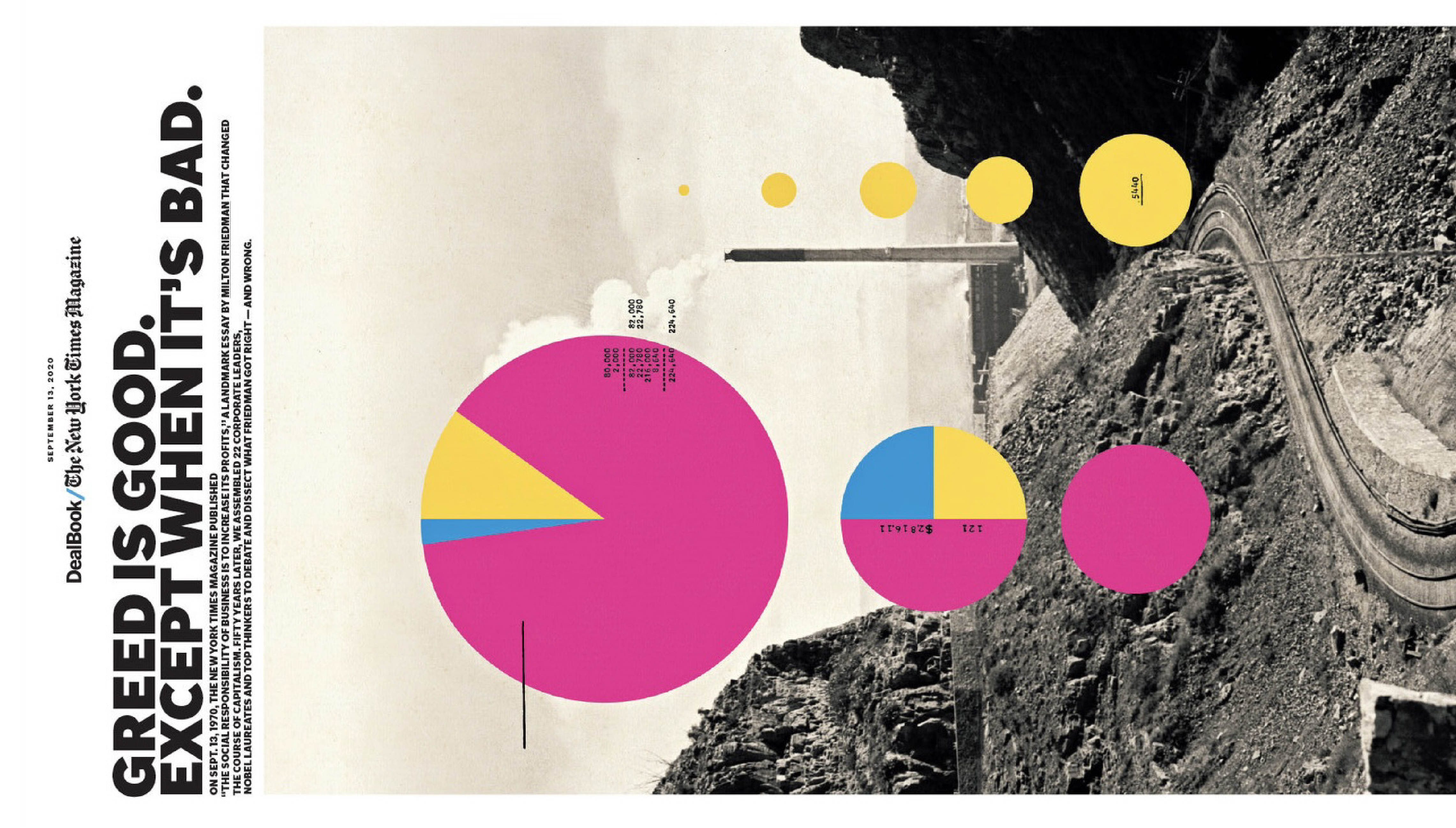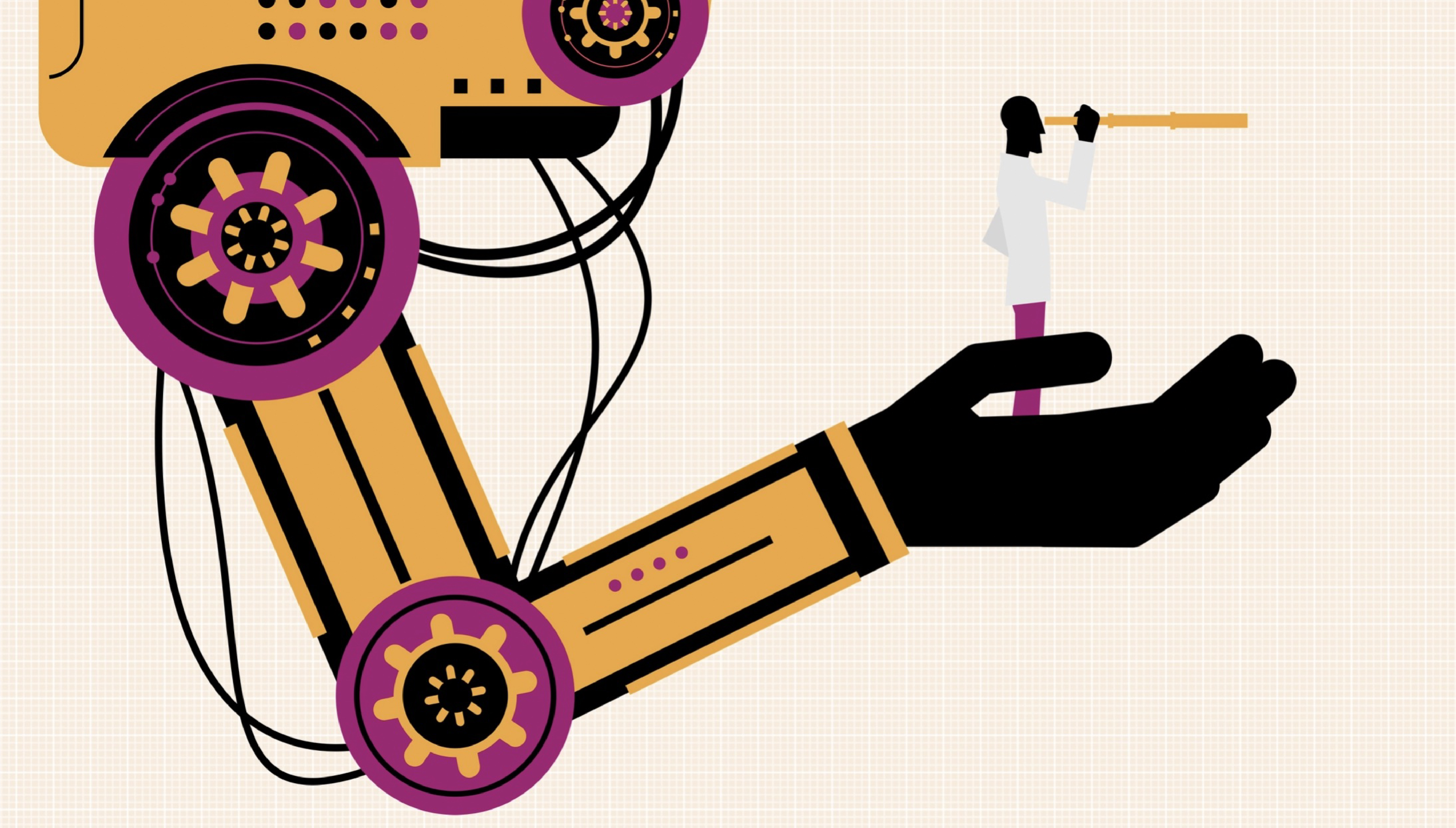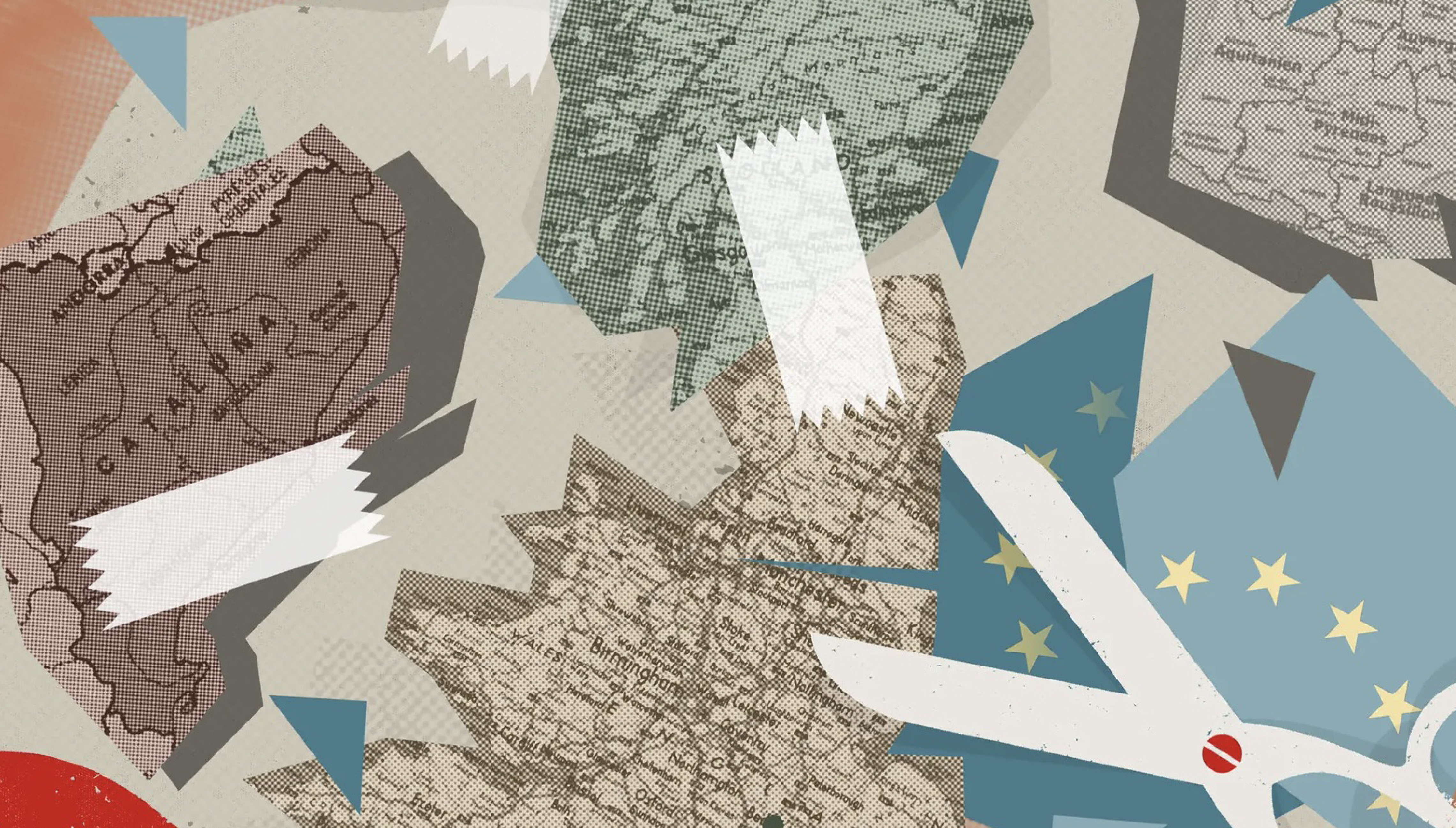Atlas of Weak Signals
Us MDEF students all arrived to this course, with weak signals we experienced in our own ‘nation-states’, weak signals connected to ‘climate changes’, the ‘surveillance’ of these states or states of IT monopoles, the transformation in our countrie's workforce - in the meaning of jobs and education, connected to our belonging or belief in systems we live in, such as capitalism or democracy or the opposite of these. Weak Signals connected to mass cultures - mass in production, in data, in consumerism or in the extinction of species.
The mass culture drove us here, we migrated from specific nations with one or more passports to think about our own fights and to be able and see them from different perspectives. The Atlas of Weak Signals class is the credo for these kind of dialogues. Its’ aim is to position us in a very complex panorama of crises that determine our collective future. If only, I would define these as historical events or super positions, which we see now or will see as crises in the future.
Personally I arrived here with one passport, with a very strong educational migrational aim, from a nation which is in the crisis of loosing it’s democratic credibility, which has never had recognition in any common platform of nation states, which is lacking of the freedom of speech, existing without conversations and a heterogeneous society. A country which was never able to join other nations in important questions or just in a currency change. In this nation, from my generation, the emigrants - such as me can easily called financial and educational migrants.
With my eyes and my research topic, I was mostly aiming to hear more about mass cultures, such as the accelerating urbanisation. About long termism - such as the role and transformation of education in the 21st century. About truth wars and redesigning social - such as the lack of participation and conversations in decision making, in the word of top-down decisions.
We had 4 classes on the following topics:
- The truth, the mutation, the plan about climate crises and the new era
- Systems beyond capitalism, a word without transparency
- The automation of jobs
- The post-nation states
- Get a bit more comfortable with the idea of my own triage in my tasks through this semester...
Climate crises and the new era
We heard about interesting approaches, where artists, scientist tell the truth about the current situation caused by the sweeping of greenhouse gases into our atmosphere for centuries. Such as the ICE WATCH, a critical design intervention by Olafur Elliason and Minuk Rosing.
We studied about real life approaches, which are facing us with the truth of this crises: such as the extinction of species, like the white northern rhino and a truth telling approach, where Bernie Krause brings back these animals and “historical” nature symphonies composed by him and the nature itself.
At the end we talked about surrealistic and contradictionary “master plans”, such as destroying and exploding the eco-system and the socio ecological gap, our environment and human beliefs with moving to mars. About conferences, about actions, with very few perspectives and most probably with some greenwashing aims.
And amazing ways of adaptation, where we approach new ways of dialogues in between generations and visions of nature.
A video I watched after class:
Systems beyond capitalism
We need systems which are more fair, which are more opened, which don’t destroy humanity, by creating gaps, which don't depend on inequity, there are more and more movements which has to rise in an era, where democracy is declining in many nations, there are more and more movements which asks for the death of capitalism. A word where data is gold, where gold is data, where the rising of monopolies are all connected to data and creates more gold. Did we really enter a post-capitalist era? Is mass data part of it, the bread of it, or is data kingdom actually a utopia compared to it?
Our engagement and our attention worth more today than any money we could give. We are data, we are facilitators of money but not being blind to adds all the time. We are… sometimes… but our attention is really easy to get in an industry where everything relies on the analysis of our behaviours. We are see through… and they say they are!
An article I read after class:New York Times -The Rich Kids Who Want to Tear Down Capitalism
The automation of jobs
What job is? The question was heard. My answer was, job is when you are contributing in society with your time, knowledge, and effort. Thus you can earn income for your existence.
The answer in the class was: - the means by which the economy produces goods - the means by which people earn income - the means by which people develop a sense of purpose - the means personal identity
We talked through the history of labour, from the industrial revolution, through the point where pallets and containers were developed as the credo of capitalism, to the point where jobs only exist for automatised systems and artificial intelligence. Where there is a chance for a universal income and by that a chance for well-fare states. In the means of monetary issues, yes maybe... in the means of mental state, is it possible...?
An article I read after class:MIT Technology Review - The work of the future
The post-nation states
On this class we heard many different stories from many of our classmates.
I want to leave a small very personal note here. Maybe this class was right on point in my every days, in the last 4 weeks. Since a nation (Ukraine) on the border of mine (Hungary) - a nation which was a part of my nation before is under strikes by a leader of a nation (Russia) which has a belief that Ukraine can’t be nation state. I was not able to attend the whole class, I was running around Poblenou, because we were going to be facilitating a workshop that afternoon about bio-diversity in urban spaces. Such an unlucky event, I had to miss part of the class about bio-diversity and the failure of nation-states, because of faileure in our project planning in the topic of biodiversity.
However all the parts I was able to hear and to contribute was very valuable for me, to hear my classmates how they think about nationality, how they identify themselves and what identity means in a class where there are people from more than 12 countries and from many continents, where people own multiple passports. And where we all try to find our new identities, in a new country or continent.
This is something that happens to our currents society. In a word which is more decentralised by the paradox of its emerging networks. The nationality is maybe no longer a root or an authority that envelops and helps us all through.
An article I read after class:New York Times - What Is a Nation in the 21st Century?
Us MDEF students are seeking for questions and answers, from a privileged seat, where data is a fundamental human right, where answers - meaning contribution and social utility is fundamental. We could reach these without reach up high on the steps of society or on the layers of the Maslow pyramid. - How can we enable these questions for all? - How can we enable people to contribute, to do for better causes, to be able and feel the same, that they have the power for change? - They have the data for change? - That they have the right for change? These are questions I seek to answer with my fellow classmates, the people who we fight together, hands in hands, perspectives in perspectives.



picture sources:
- no. 1.: New York Times cover 13. September 2020 -Cristiana Coucerio
- no. 2.: https://www.technologyreview.com/2021/12/17/1040693/the-work-of-the-future-2/ - GETTY
- no. 3.: https://www.nytimes.com/2017/10/27/opinion/catalonia-european-union-independence.html - Illustration: Christina Hägerfors

